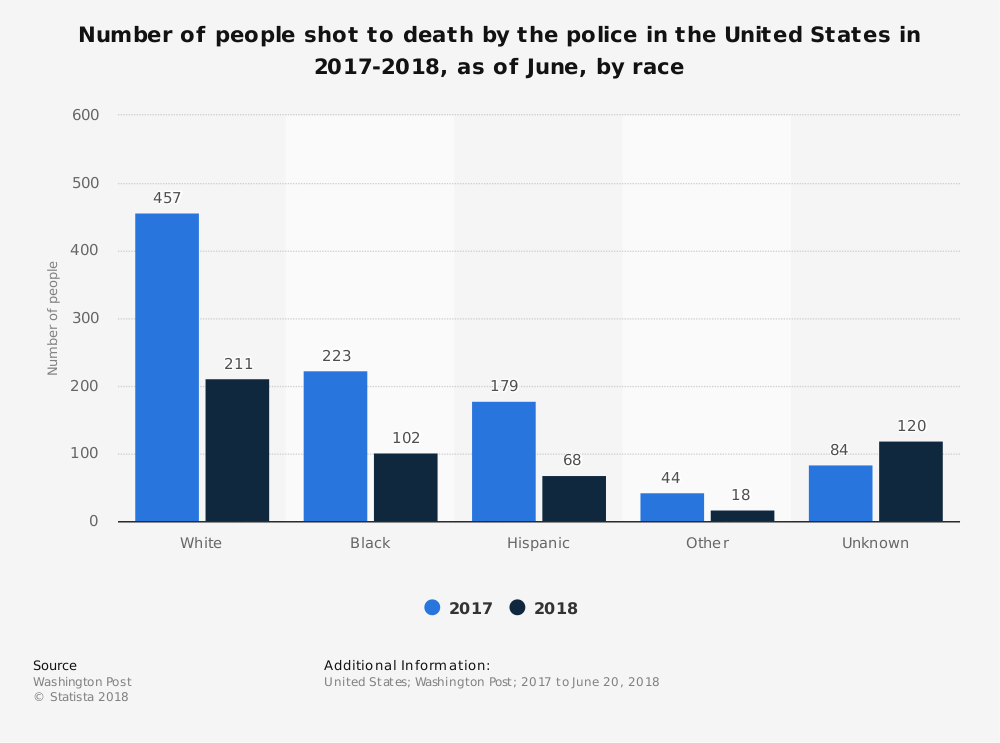The first step, the most important step, to solving a problem is to admit there is one. Police officers reflect our society; there are the overwhelming majority of good officers and the few, but dangerous ones, who harbor racial prejudices that impact their approach to the job.
Racial prejudice is endemic to America. The long torturous road to racial equality is not yet fully paved. Cultural misunderstandings, ethnic stereotypes, even geographic differences breed prejudice. The results are always tragic and often deadly.
While all of society must speak out and take a stand against racial prejudice, police officers, by the very nature of the authority they carry, bear a heavier burden. They must balance the oft-necessary use of force in enforcing laws against the fog of conflict they often operate in. More than any other segment of society, they need to recognize it is not a black and white world.
The nature of law enforcement—the uniforms, weapons, aura of authority—draws interest from a somewhat narrow spectrum of society. Rational people run away from gunfire, cops run towards it. We are all better for it that there are those among us willing to risk themselves to save others, even at the cost of their own life. No greater love…
Most seek the job to make a difference, to accomplish some good in the world, to make their neighborhoods, towns, and cities safer.
However, some seek the job to hold authority over others. These officers embrace the Us vs. Them mentality where everyone is guilty until proven innocent. Every department has them.
Some departments do a better job of weeding out such officers. Others do not. Until agencies instill a sense of responsibility within the rank and file to work to remove such officers from their positions, situations like Minneapolis will happen again and again.
It is often politics within agencies that protect dangerous officers. This is a blight on the profession and a serious issue prolonging the problem.

I served for twenty years with the East Providence Police Department. Every officer claims their department is the best. Pride is an important element of being a cop. But I would pit EPPD officers against any in the world in terms of professionalism.
Yet we had our share of problem officers. Some of it was generational, residual attitudes from a different time in America. But some was just plain ignorance. We did our best to deal with them. While we may not have been perfect, the majority of officers did their best to control the few problem children.
We can hope, with each new generation more embracing of our differences, officers holding these attitudes will fade into the past. But for now they are alive and well and we need to face them.
Being a cop is a dangerous job. The very nature of the job, if you want to survive, demands constant preparation for the worst to happen. A suspicious nature protects officers from complacency or letting their guard down. Yet, understanding they can resolve most situations with no or minimal force is key to minimizing deadly confrontations.
When one spends years on the streets seeing the worst of situations, it is easy to become immunized from the trauma. Officers develop a somewhat perverse sense of humor as a shield against the tragedy they see daily. Protecting oneself from the effect of traumatic incidents is one thing. Forgetting that you took on the responsibility to deal in a fair and impartial manner with everyone you come into contact with violates one’s oath to serve and protect.
Last, officers themselves need be a voice to point out and identify those among them who fail to act under the law and with common decency. The thin blue line is a necessary protection for society. We are fortunate that a few women and men will stand on that line and protect us all. But it does not confer on them the right to ignore those among them who act on racial prejudices out of some misguided sense of loyalty.
______________________________________________________________________________
Follow this blog for upcoming information on all new book releases. And please share this with readers everywhere. All comments are welcome. Or if you would like write a piece to be posted on my blog please send me a message.
Signup here for my email list for information on all upcoming releases, book signings, and media appearances.
And for all my books to add to your memories of great reads…https://www.amazon.com/Joe-Broadmeadow/e/B00OWPE9GU



 . A simple gesture by current members of that department reminds us that, above all else, police officers are human.
. A simple gesture by current members of that department reminds us that, above all else, police officers are human.
